- Over 200 IDPs in Ponnagyun struggle without shelter, food aid
- Junta airstrikes inflict deep psychological trauma on children in Arakan State
- Photo News: Over 200 IDPs in Ponnagyun in urgent need of shelter assistance
- Two children injured by UXO in Mrauk-U struggle to afford medical care
- High hepatitis cases hit children in Arakan State
Over 1,700 IDPs in Tanintharyi’s Palaw Twsp in urgent need of shelter and food
More than 1,700 people taking refuge at displacement camps in Palaw Township, Tanintharyi Region, are facing shelter and food shortages, according to local aid workers.
19 Jul 2022
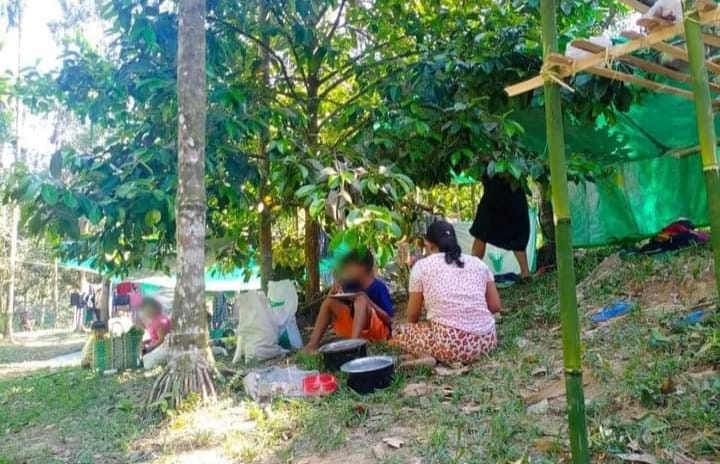
DMG Newsroom
19 July 2022, Palaw, Tanintharyi Region
More than 1,700 people taking refuge at displacement camps in Palaw Township, Tanintharyi Region, are facing shelter and food shortages, according to local aid workers.
Shelter and food items are urgently needed for 1,745 people displaced by fighting between the Myanmar military and a coalition of anti-regime forces led by the Karen National Liberation Army (KNLA), said a member of a Palaw assistance committee for internally displaced people (IDPs).
“The military and KNLA joint forces have been fighting for more than two weeks. Locals were unable to return home as junta troops stormed the villages, fired artillery shells into residential areas and arrested some locals on suspicion,” he added. “The number of local people displaced by the fighting has reached more than 1,700. The displaced people are in urgent need of shelter and food.”
As of the first week of July, there were up to 1,939 residents who had fled armed conflict in Palaw Township. Nearly 200 local residents were relocated, and now only 1,745 local residents remain at the IDP camps, according to the Palaw IDP committee, which said the remaining IDPs are sheltering in makeshift tents in the forests.
“The shelters were contributed by donors,” said a relief worker. “We are currently facing difficulties to provide the IDPs with food items as the Myanmar military is tightening security checks along the Tanintharyi-Palaw road.”
“We have to buy paddy and mill it to get the rice we need,” said one IDP, explaining the measures that some have gone to in order to address the food shortages facing displacement camps in Palaw Township.
Fighting between junta troops and a coalition led by the KNLA, which is the armed wing of the Karen National Union (KNU), has flared with regularity across parts of southeastern Myanmar in the aftermath of the military’s February 1, 2021, coup.




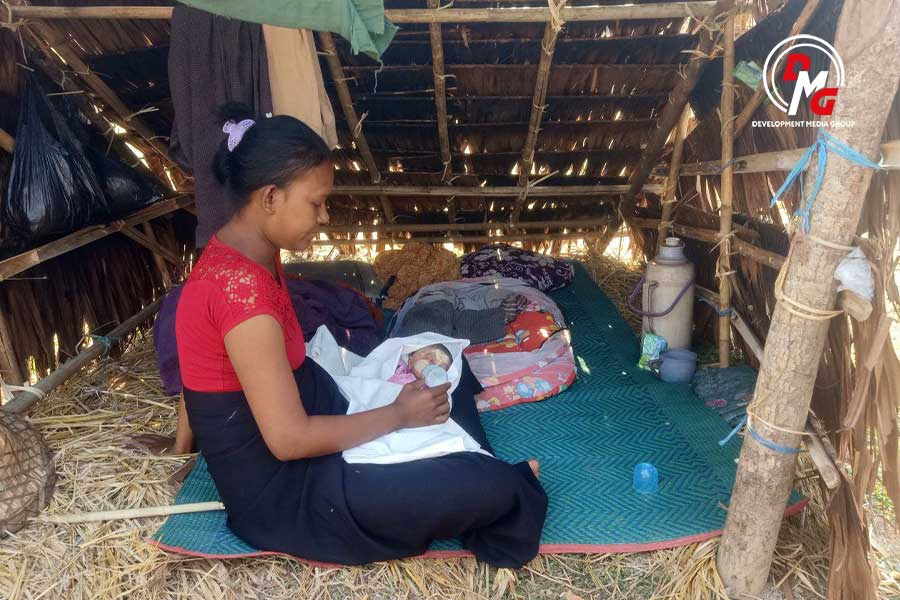
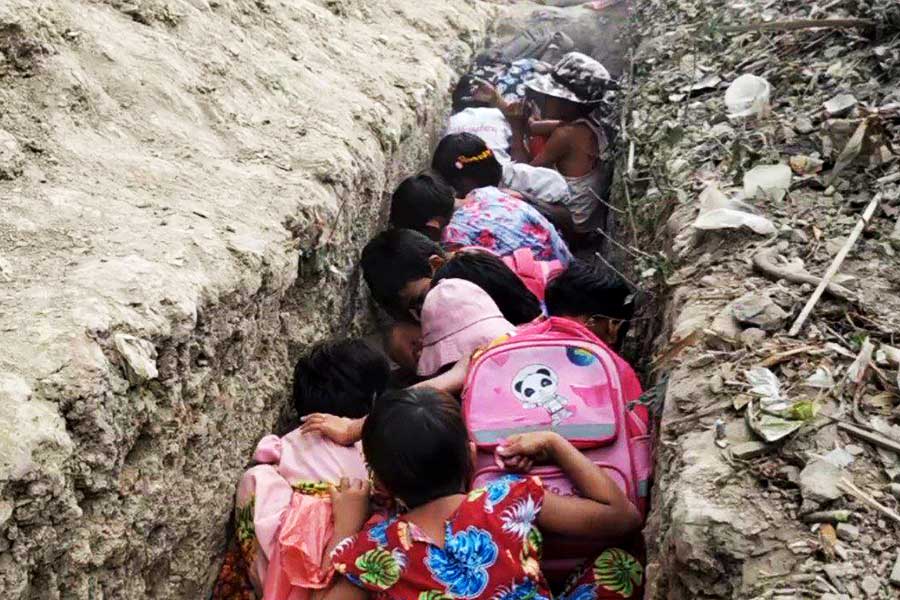
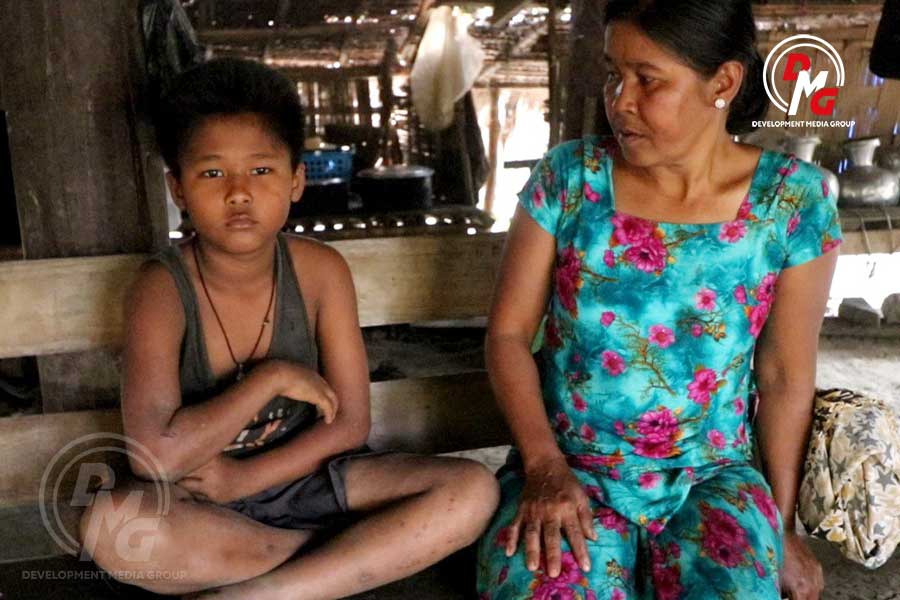
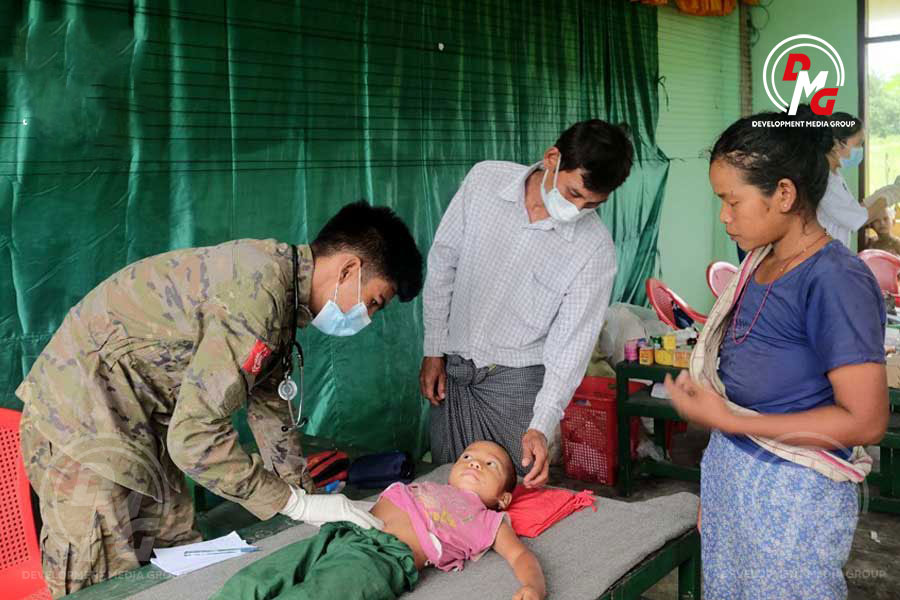
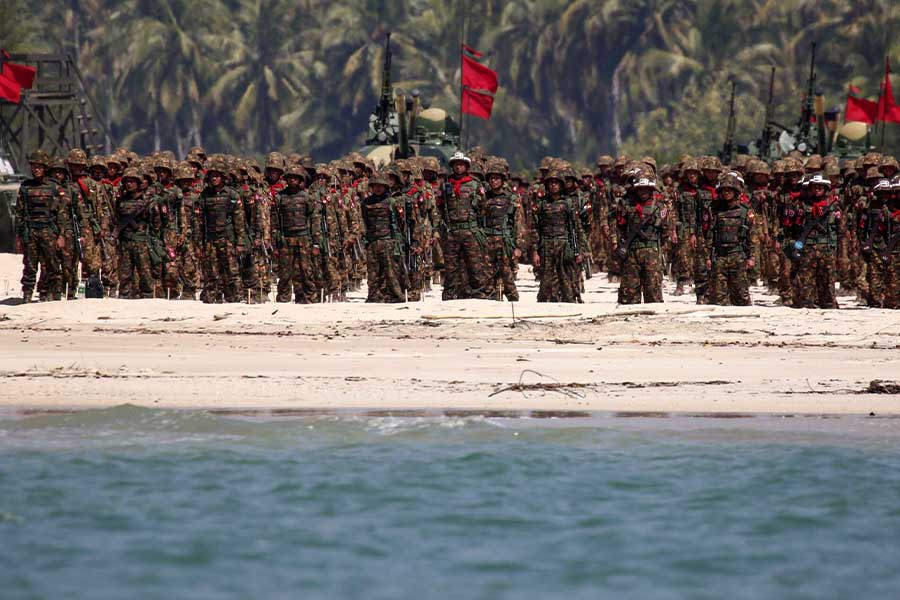








.jpg)